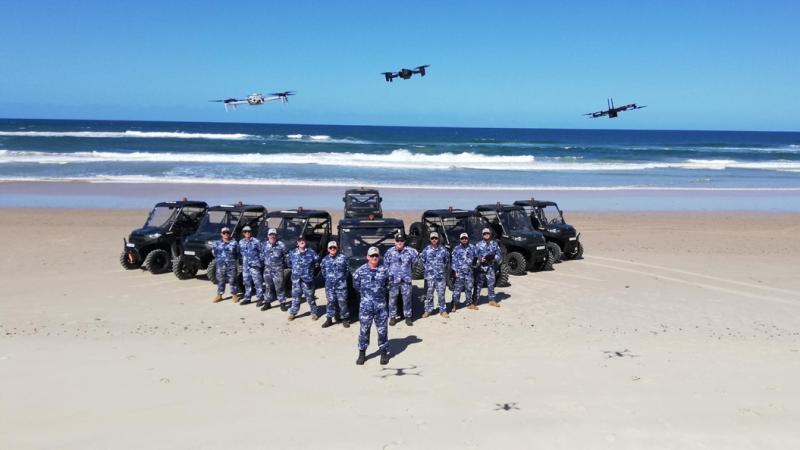13 May 2024
In a shooting war at sea, the last thing someone might think about is cyber health, but with the way modern warships function, computers run it all.
Attacks to ports and ships can no longer be thought of exclusively as bombs, bullets and missiles.
Lead for Navy cyber hygiene Commander David Jarvis said cyber health could be as simple as not using geo tagging on your phone or making sure that only approved USBs are used on Defence systems.
One danger could be losing the ability to use counter measures or navigation in hostile waters due to malware being imbedded by a foreign player.
With the current area of operations being the South China Sea, there are many parties showing hostile intent in the cyber realm.
Through Navy Minor Project 1966, Commander Jarvis’ role is to help ensure that the fleet's and wider Navy’s cyber hygiene is of a high standard and in line with current levels of required security.
He said cyber security was now a critical tool to defend Australian people and to protect the fleet.
“Education and understanding is paramount due to Navy Cyber Hygiene Project covering a very broad area,” Commander Jarvis said.
“Foreign adversaries and states are always collecting information, it's just so persistent. Just because we can't see it, does not mean we can ignore it.
“In a constantly evolving landscape, amid the rapid advancement of AI technologies, it is imperative to recognise our responsibilities to our fellow shipmates in safeguarding our cyber health.”


